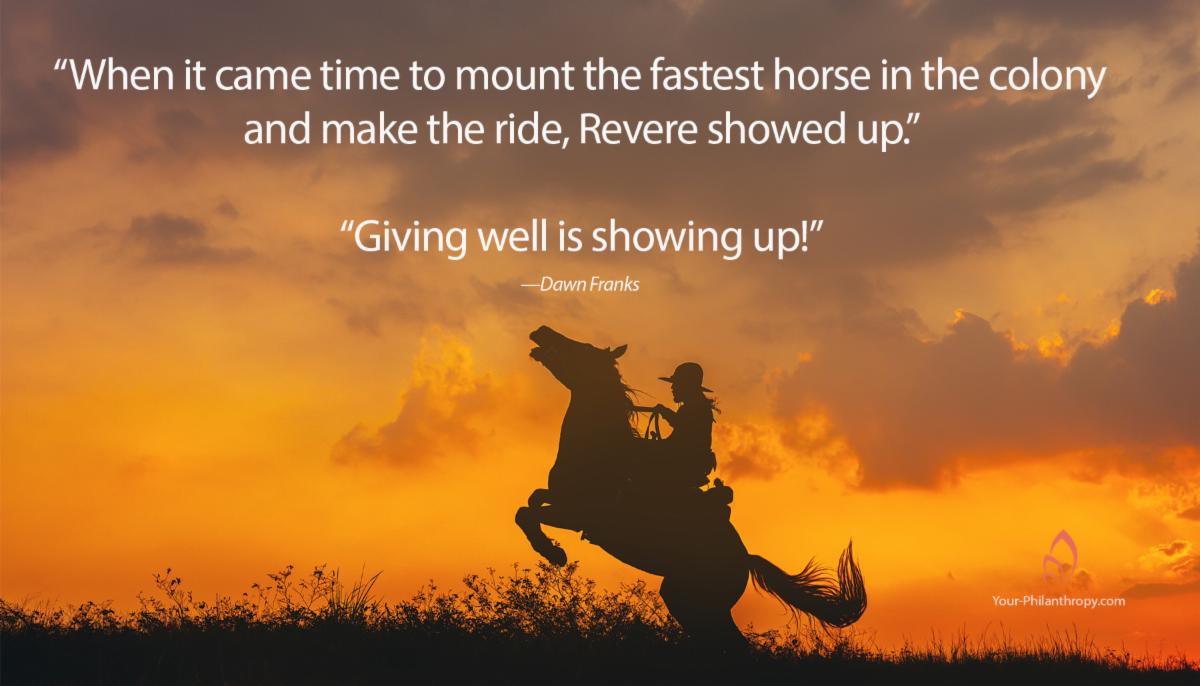On a work trip, I made time for the American Freedom Trail in Boston with a guide dressed as Elizabeth Foster Goose. Along for the history were travelers from Australia, Mexico, England and half a dozen states, plus a mini/petite golden doodle tagging along.
Mrs. Goose led us along the Trail with stories from Paul Revere, the Adams and Hancock families, the Boston Massacre, and the Boston Tea Party. We heard stories, both measures of truth and fiction.
For example, our guide, Mrs. Goose, told us that her character was the Mother Goose of our nursery rhymes. I later tried to prove the claim and found while they know where Elizabeth Foster Goose now lays, they can’t prove she authored the nursery rhymes.
Real or not, our guide claimed the title of Mother Goose, reminding us to “stay close and walk with purpose.”
As history unfolded, I began to remember a different kind of history, not nearly as dramatic and certainly not heroic, requiring all of us who participated to step up to a task with no way to predict success.
That work was the beginning of the East Texas Crisis Center in Tyler, which began under the name Smith County Citizens Against Rape (SCCAR). We were a handful of women and two men in our early days. The war we prepared for was not life-threatening for us but could be for countless victims.
The unexpected journey changes our lives when we step up to a task. An unexpected journey led me to become the second Executive Director of the Crisis Center. The journey started at the end of my college days with no intention of becoming involved in co-founding a rape crisis and family violence center.
That’s how history is made – something needs doing, so folks show up to examine the issues and explore ideas. A few more folks join, and a core group begins to lead. Actions follow with scant recordkeeping. Much is lost to fading memories.
Listening to Paul Revere’s story, a metalworker in his time, who worked alongside his family building the Massachusetts State House, I was reminded that most of the time, it’s about stepping up. Revere did that when a rider was needed to warn colonists that the British army had arrived. Paul Revere was not a hero in his day, yet history recounts him as such, even if the story is a mixture of fact and fiction.
My story of showing up led to a seventeen-year journey of volunteering and directing the young organization.
Snagged by curiosity after the first meeting, I returned to learn more. I became treasurer of the five-person board of directors because I volunteered to balance the checkbook and became one of the first hotline volunteers. I just kept showing up.
In Mother Goose’s words, I stayed close and walked with purpose.
Our small band in Boston did exactly that as we moved through the Granary Burial Ground. We learned about the American Revolution, from the grave of Mary Elizabeth Goose to the second resting place of Paul Revere, Samuel Adams, and John Hancock.
Why the second resting place for some? Eventually, the time came to sell off part of the cemetery for needed operating funds and the progress of modern-day Boston. So graves were moved.
Progress and change always come to important work, just as it did to the group called SCCAR. Recognizing the importance of serving victims who called the hotline, the organization opened a battered women’s shelter, batterers counseling and services for incest survivors. I saw many changes.
Why am I sharing all this on the heels of a history tour? Organizations that survive over time must change to meet the requirements of time. Remember how Mother Goose told us to stay close and move with purpose?
Nonprofits today are far more sophisticated than thirty years ago. They need us to stay close as they move with purpose. Organizations must change to survive and be sustainable. To keep up with the changes, watch, ask questions and learn.
The talented metal worker, Paul Revere, was also quite good at riding a fast horse for long periods. A skill that led to the famous midnight ride to alert the colonists that the “regulars” were coming. The time for battle was at hand. When it came time to mount the fastest horse in the colony and make the ride, Revere showed up.
How are you showing up for community work you believe is important? You don’t have to know the end of the story, and it’s probably better not to know. Giving well is showing up.
Like it. Use it. Share it. Comment below.


0 Comments